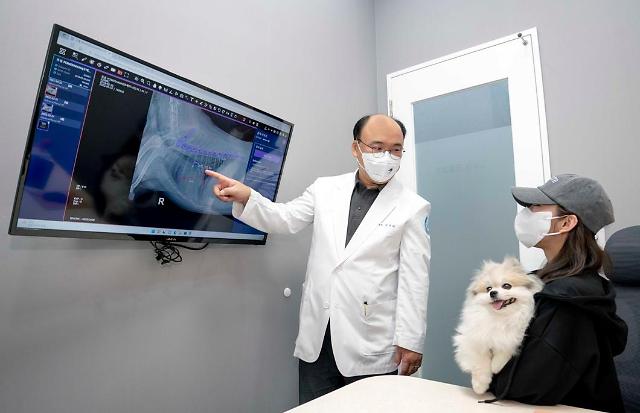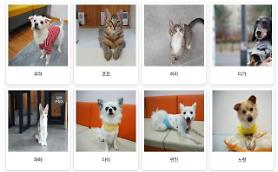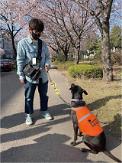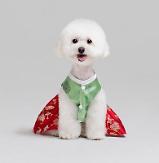
[Courtesy of SK Telecom]
SEOUL -- SK Telecom, a leading mobile carrier in South Korea, has unveiled an AI-based veterinary imaging assistant service called "X Caliber" that helps veterinarians read and diagnose images quickly. The goal is to increase sensitivity and expand diagnostic areas by strengthening deep learning for use in Europe and Asia.
SK Telecom (SKT) said that its web-based service provides analysis results such as abnormal findings and location information to veterinarians within about 30 seconds if they upload musculoskeletal and chest X-ray photos. It is available as a subscription service.
There is no need to install separate servers, and veterinarians can receive results anytime through linked mobile devices or PCs. "I hope the commercialization of SKT's X Caliber will be an important turning point in the development of advanced veterinary technology," Lee Young-won, a professor of veterinary medicine at Chungnam National University, said in a statement on September 25.
When the results of AI's readings were compared with those of image analysis experts at large animal hospitals, SKT said that up to 97 percent of their opinions were in agreement.
SKT developed high-quality datasets in cooperation with five national veterinary colleges. It used data augmentation technology while improving the performance of datasets and AIs by creating and learning data considering various environments, such as changing the intensity and angle of clinical data photos.
"SKT's AI technology and high-quality data from five national veterinary universities were combined to create the first AI-based veterinary imaging assistance system in South Korea," said SKT's chief business development officer Ha Min-yong. "SKT will continue to expand the diagnosis range of diseases to provide better pet care services and improve animal welfare."
South Korea's pet industry has seen rapid growth, leading to the emergence of pet-related businesses such as one-stop pet care stores, pet academies, and pet hotels. In 4,000 animal hospitals nationwide, there are only hundreds of professional veterinarians who majored in video diagnosis.
Copyright ⓒ Aju Press All rights reserved.



